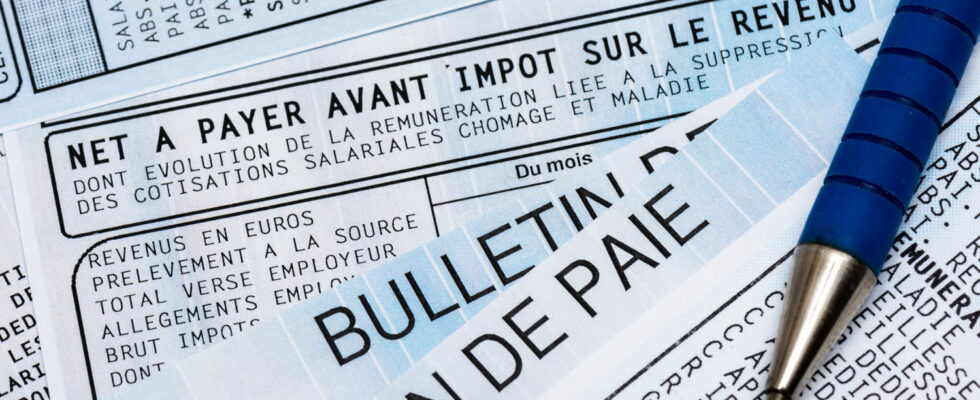Many employees risk being affected by this hard blow to their finances.
At a time when there is talk of an increase in taxes, few financial signals are green. This may even have a double impact on some employees, who could be the most harmed by these various proposals. If none is definitively approved, each one is doing its part and, according to the various discussions, a whole set of measures is about to impact the daily lives of millions of French people.
One of the most tangible should be reflected on the pay slip. While speeches promise a gradual end to low wages, they could quickly be contradicted by the concrete effects of certain announcements. At the end of the chain, around 6 million French people would be the first to suffer from it in 2025.
Among the measures presented to generate more revenue next year, the government announced an increase in labor costs. This means that the contributions paid by companies to the State, for each employee, will increase. And this, even if the salary received by the employee remains the same.
Not all salary levels are affected. Those targeted still represent around 6 million French people (according to data compiled from INSEE) since these are salaries between 1,426.30 euros (smic) and 1,854.19 euros net per month (1 .3 times the minimum wage). For employees and civil servants paid at this level, the contributions paid by the employer should increase on 1er January.
Direct consequence: this will not encourage an increase in the net salary of employees, the cost for the company being more significant than until now. “Yes, and three times yes even”, a freezing of these salaries is to be feared in 2025, explains Eric Chevée, vice-president in charge of social affairs at the CPME. “Many business leaders would have no choice but to block salary increases,” fear the bosses, if the increase in employer contributions is confirmed. A hard blow for the households concerned who should, in addition, be hit by various daily tax increases.
In Parliament, the National Assembly voted against this increase in employer contributions but the government could keep its system in the final text, which risks being adopted in force with 49.3.

